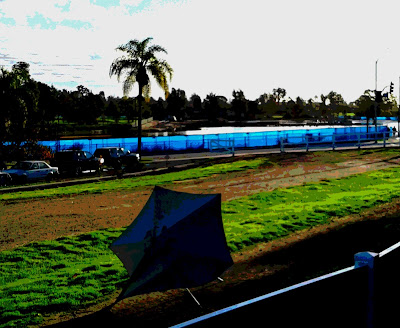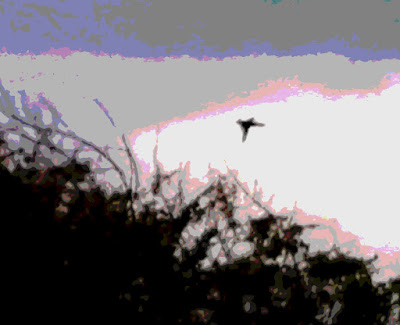Adding (Joyce) vs. Subtracting (Beckett)
I realized that Joyce had gone as far as one could in the direction of knowing more, in control of one's material. He was always adding to it; you only have to look at his proofs to see that. I realised that my own way was impoverishment, in lack of knowledge and in taking away, subtracting rather than adding. When I first met Joyce, I didn't intend to be a writer. That only came later when I found out that I was no good at all at teaching. When I found I simply couldn't teach. But I do remember speaking about Joyce's heroic achievement. I had a great admiration for him. That's what it was: epic, heroic, what he achieved. I realized that I couldn't go down that same road. Samuel Beckett











